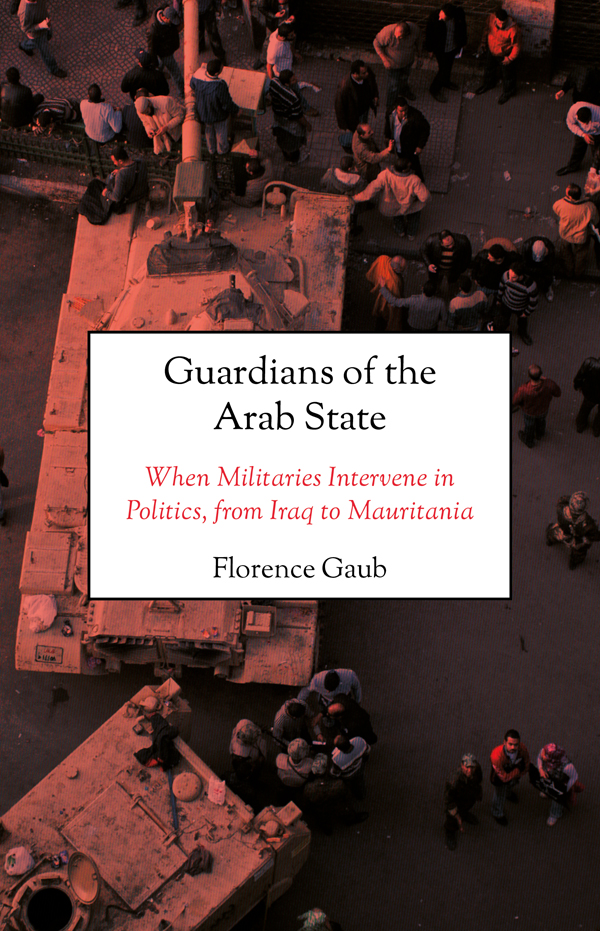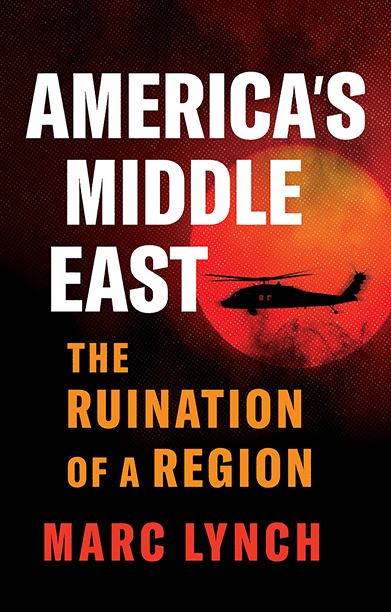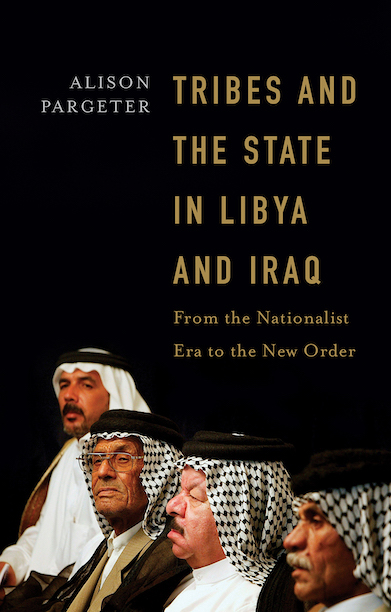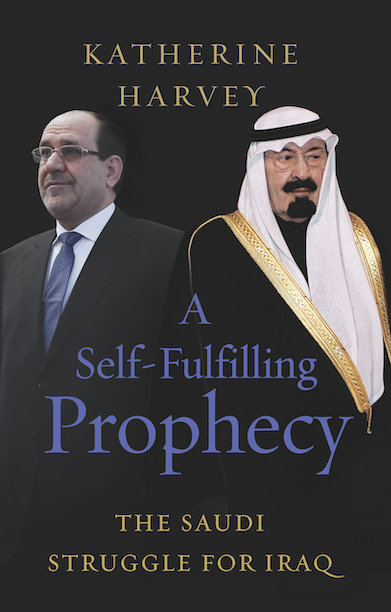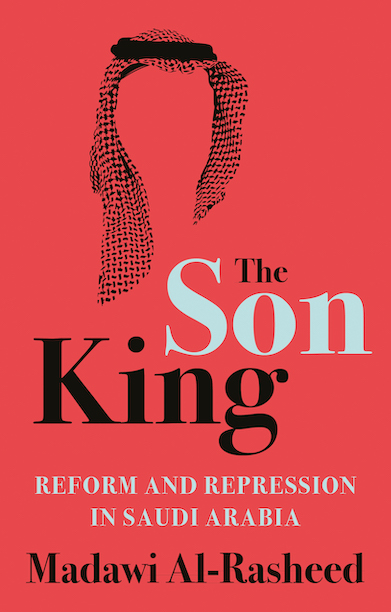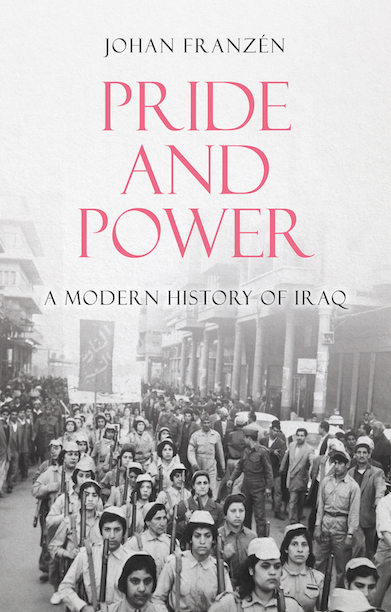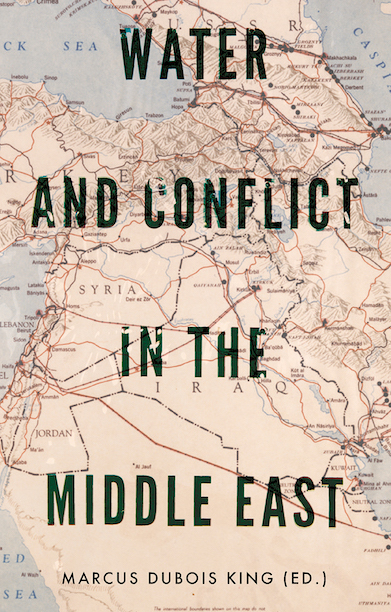Guardians of the Arab State
When Militaries Intervene in Politics, from Iraq to Mauritania
This trenchant history of praetorianism in the Arab world recounts the baleful influence of the armed forces in shaping the region’s political landscape over the last three decades
Description
Guardians of the Arab State explains clearly and concisely how and why military organisations become involved in politics across the Middle East and North Africa, identifying four key factors: a high degree of organisational capacity, clear institutional interest, a forgiving population and weak civilian control.
Looking at numerous case studies ranging from Mauritania to Iraq, the book finds that these factors are common to all Arab countries to have experienced coups in the last century. It also finds that the opposite is true in cases like Jordan, where strong civilian control and the absence of capacity, interest, or a positive public image made coup attempts futile. Gaub also convincingly argues that the reasons are structural rather than cultural, thereby proving a counter-narrative to conventional explanations which look at Arab coups along religious or historical lines. In essence, the questions addressed herein lead back to issues of weak statehood, legitimacy, and resource constraints — all problems the Arab world has struggled with since independence. Guardians of the Arab State picks up where previous literature on Middle Eastern military forces dropped the debate, and provides an updated and insightful analysis into the soul of Arab armies.
Reviews
‘A must-read book for all those seeking to understand the critical role of armies in the rise and fall of states in the Arab world and the critical role that they have played historically and since the uprisings of 2011, written by one of the leading experts on the subject.’ — Paul Salem, Vice President for Policy and Research, the Middle East Institute, Washington DC
‘Florence Gaub has produced a masterful analysis of the complex and critical relationship between Arab leaders and their militaries, a severely understudied topic. Her examination of these militaries’ political role should be read by anyone seeking to understand the Arab world— its history, the catalysts for the Arab uprisings, and its trajectory for the future.’ — Mara E. Karlin, PhD, Former Deputy Assistant Secretary of Defense
‘Florence Gaub has truly grasped the intricate military and political balance that continues to define the Arab World today. How can we find a middle ground between building strong armies capable of shielding a region marred by instability, while also embracing the necessary reforms to attain more inclusive and peaceful societies? This is but one of the many questions that she presses us to contemplate in this very well documented book.’ — General Tannous Mouawad, Lebanese Army (Ret’d)
‘The political trajectory of the Middle East and North Africa after World War II looks on the face of it to have been a series of military coups, revolutions, civil wars and failing states. Indeed, the Arab world seems particularly prone to military involvement in politics — Why is this? Where does it happen? And why does it sometimes not? Florence Gaub gives clear answers to these questions, analyses perfectly the role of the militaries, civilian governments and the people in almost each of the Arab countries, and draws convincing conclusions. An excellent book.’ — Wolf-Dieter Löser, former General, German Army and Commandant of the NATO Defense College
‘This book is a must-read for diplomatic and military planners across the globe who are concerned about stability in the Middle East, a region with no shortage of military coups, revolutions, civil wars and failing states. Understanding the foundations of civil-military triad — regional civilian leaders’ legitimacy, Arab military capabilities, and citizen threat perception— is a critical requirement for the pursuit of regional stability. This book provides an historical portrait of why Arab armies get involved in the political space and provides policy recommendations for necessary reforms.’ — Paula Broadwell, former Deputy Director of the Fletcher School Counter-terrorism Center
Author(s)
Florence Gaub is Deputy Director at the EU Institute for Security Studies; previously, she was employed at NATO Defence College. Her first book for Hurst, Guardians of the Arab State: When Militaries Intervene in Politics, from Iraq to Mauritania, was published by Hurst in March 2017.
